Coronavirus: what we know about Boris Johnson's 'game changing' antibody test
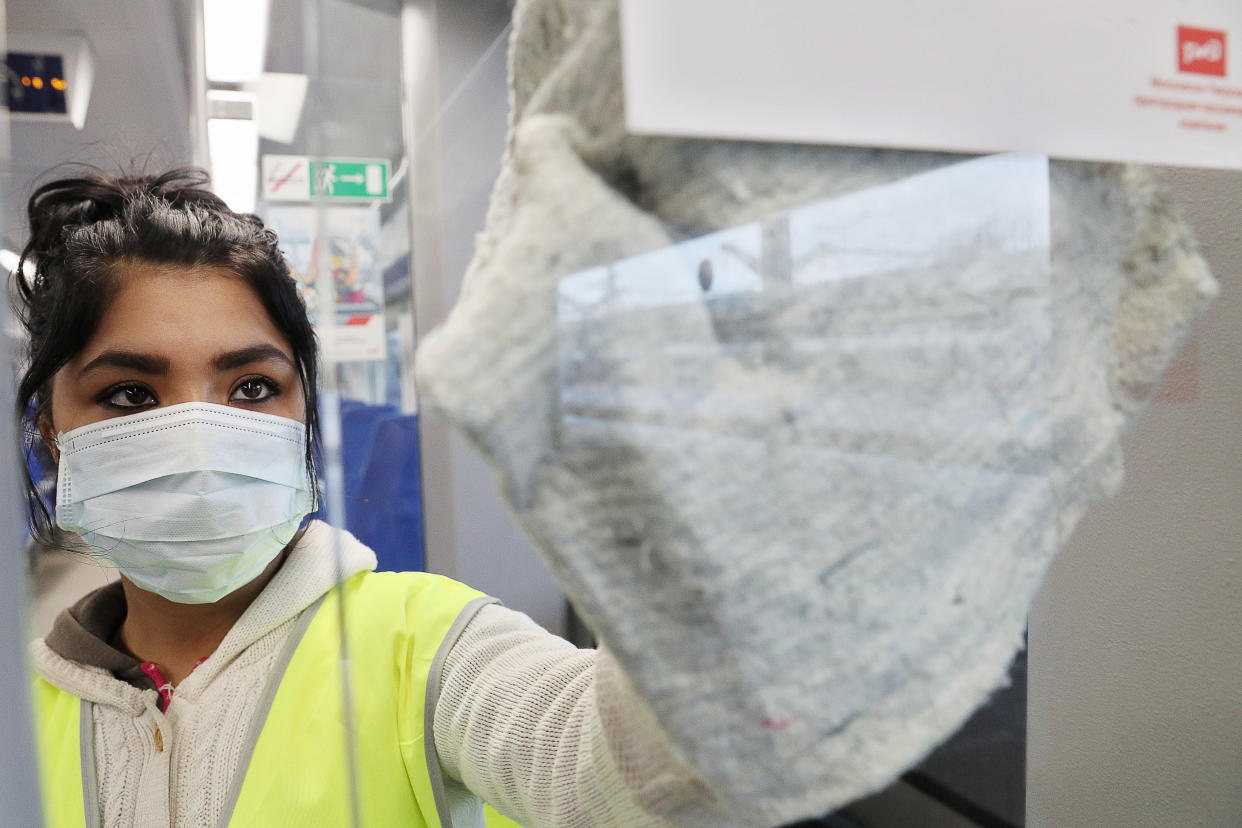
Boris Johnson has spoken of plans to roll out “literally hundreds of thousands” of “antibody tests” in a bid to combat the coronavirus outbreak.
Early research suggests four out of five cases are mild, with a relatively small number of patients requiring hospital care.
Patients in the UK are only routinely being tested for the virus if they end up in hospital, leaving many wondering whether they may have unknowingly fought off the infection and have immunity.
To be on the safe side, the prime minister is urging everyone to avoid social contact, ditch non-essential travel and work from home – if they can – for the foreseeable future.
Many worry about the impact this is having on both the economy and the NHS, with staff showing the tell-tale fever and cough being told to self-isolate for seven days.
Johnson claims getting hold of a test the public can do at home could be a “total game changer”, but how would it work?
Latest coronavirus news, updates and advice
Live: Follow all the latest updates from the UK and around the world
Fact-checker: The number of Covid-19 cases in your local area
Explained: Symptoms, latest advice and how it compares to the flu
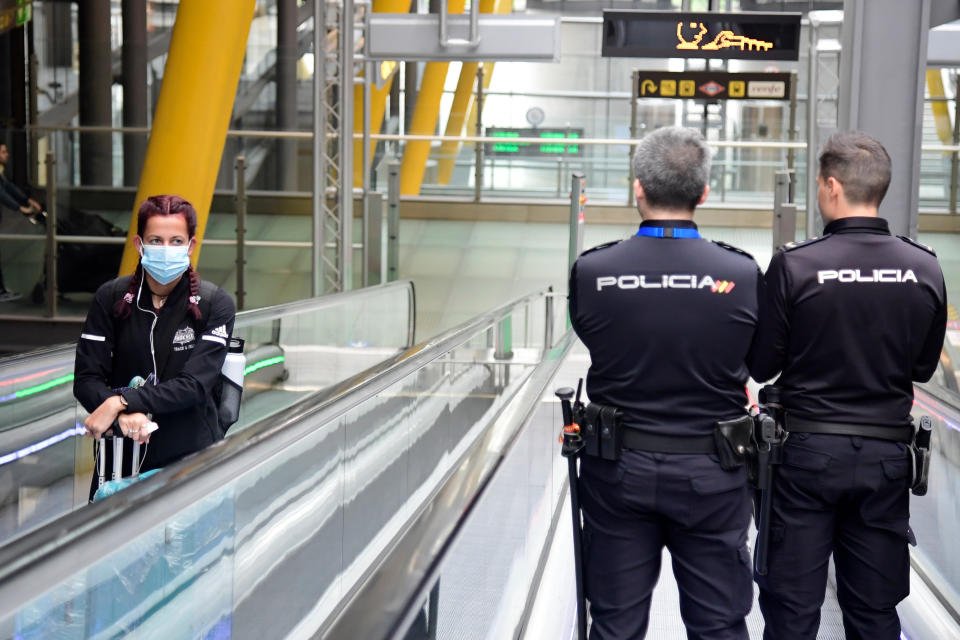
“[The government is] in negotiation to buy an antibody test”, Johnson said on Thursday.
He compared the simplicity of the device to an at-home pregnancy test, adding it will analyse a person’s blood rather than their urine.
Johnson claimed if the test works “as its proponent claims”, the government will “buy hundreds of thousands”.
“It has the potential to be a total game changer”, he said.
“Knowing you’ve had [the virus] means you’re likely to be less vulnerable, less likely to pass it on and can go back to work”.
The coronavirus is thought to have emerged at a seafood and live animal market in the Chinese city Wuhan at the end of last year.
It has since spread globally into more than 160 countries across every inhabited continent.
Since the outbreak was identified, more than 245,000 cases have been confirmed, of whom over 86,000 have “recovered”, according to John Hopkins University data.
Cases have been plateauing in China since the end of February, with Europe now the epicentre of the pandemic.
Italy alone has had more than 41,000 confirmed cases and over 3,000 deaths.
In the UK, 3,269 patients have been identified, of whom 144 have died.
What are antibodies and how do the tests work?
Antibodies are proteins released by the immune system to fight off invading pathogens, like viruses.
With every new infection, the antibody produced is unique, responding to a specific target on the virus in question.
When a virus is identified, it can take time for the immune system to make a “blueprint” of the antibody needed and produce sufficient numbers to kill off the infection.
Once the infection has passed, a new type of antibody is produced that “remembers” the blueprint and maintains a small supply of the virus-fighting proteins.
If the body is exposed to the same virus again, the immune system responds much more quickly, releasing these “memory antibodies”.
This is the basis on which vaccines work, by exposing the body to a “mild amount of disease” so it can respond more readily if the real thing comes along.
With the coronavirus being a new infection, no one knows for sure how long a person’s immunity could last, hence why booster vaccines are sometimes required.
The UK’s chief medical adviser Professor Chris Whitty claims the test would indicate patients are “not likely to get [the infection] again, at least in the intermediate term”.
An antibody test would reveal if an individual has these “memory” proteins in their bloodstream, indicating they have fought off the infection and now have immunity.
“This will help society normalise little-by-little, even while we have a high number of cases,” said Professor Whitty.
Although unclear, the test may involve mixing a sample of a person’s blood with the substance antibodies work against, looking for a reaction.
The accuracy of tests can vary, with different people producing varying concentrations of antibodies.
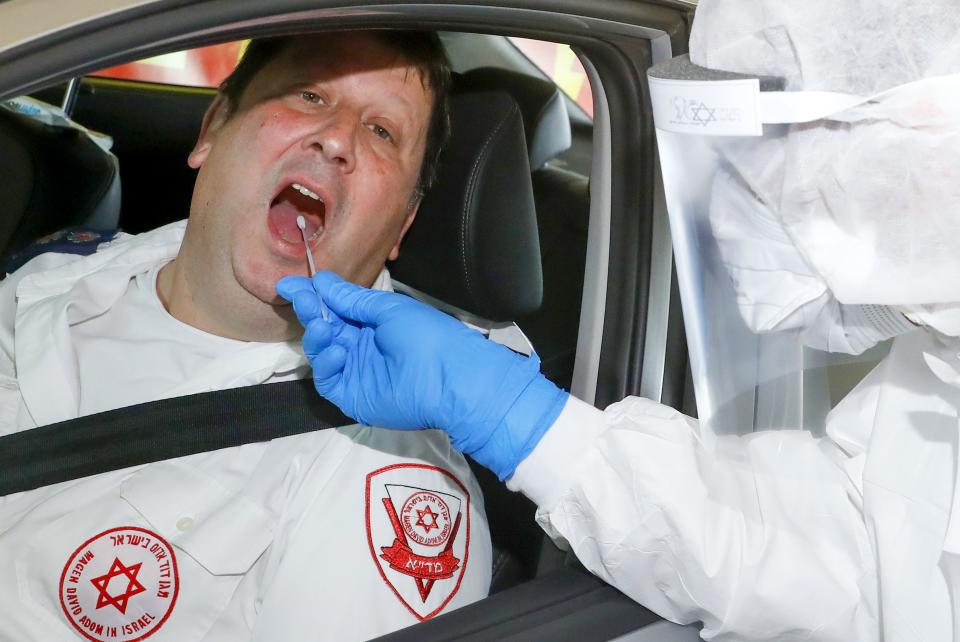
Why is testing for the coronavirus so important?
Testing allows scientists to uncover how many people have successfully fought off the virus and where in the country it has spread to.
“If you can get to mass testing, it tells you who's had it, the proportion who are asymptomatic, and who’s got an antibody against it and is safe to go back and work in certain settings”, said Professor Patrick Vallance, the UK’s chief scientific adviser.
The coronavirus has arrived during the UK’s cold and flu season, with the conditions sharing symptoms – namely fever, and sometimes a stuffy or runny nose, sore throat, and aches and pains.
Many may therefore be wondering whether they have caught, and recovered, from the coronavirus or just had seasonal sniffles.
Testing for antibodies would assure individuals who have already overcome the coronavirus they are free to go back to their normal routine.
“These people will not need to re-isolate themselves when they get another respiratory infection”, said Professor Keith Neal from the University of Nottingham.
The number of people carrying the virus but not showing any symptoms is also unclear.
With the advice to self-isolate limited to those with the tell-tale cough or fever – and the people that live with them – those without symptoms may still be heading out to buy food and other essentials, unaware they are spreading the infection.
An antibody test would allow scientists to better understand the extent of asymptomatic cases.
It would also enable them to “contact trace”, checking up on people known-patients have been close to.
The UK is not carrying out mass surveillance testing or contact tracing, however, Public Health England claims it plans to do so on a local level if cluster outbreaks occur around GP surgeries, according to the BBC.
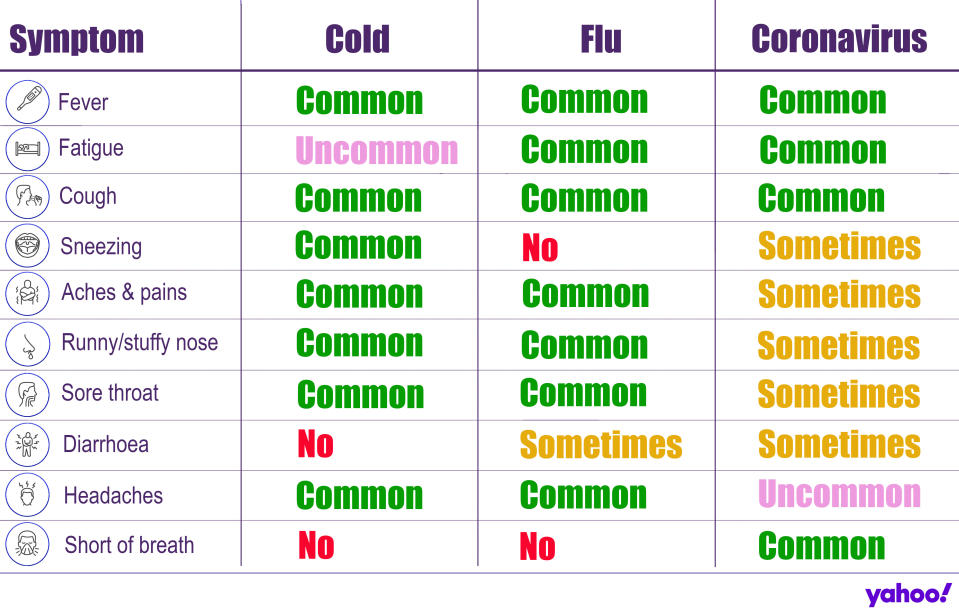
Why is testing for the coronavirus taking so long?
The World Health Organization’s director-general Dr Tedros Adhanom Ghebreyesus said he had a “simple message”: “Test, test, test.
“We cannot stop this pandemic if we do not know who is infected.”
At the end of February, when testing began in the UK, around 1,000 were carried out every day, according to the BBC.
By mid-March, this had risen to more than 6,000 tests a day.
The government plans to increase this to 10,000 a day as soon as possible, going up to 25,000 tests a day within four weeks.
With limited resources in terms of staff, money and equipment, the UK is said to be prioritising who has a test.
The Department of Health and Social Care has called healthcare workers a high priority.
“We shouldn't dream you can scale up hundreds of thousands of tests in a day, you can’t,” said Professor Vallance.
He called the UK “one of the foremost countries in terms of testing”.
“Ideally [we] want to go up much much higher, but it doesn’t happen overnight,” said Professor Vallance.
Dr Alexander Edwards from the University of Reading added: “It is absolutely possible to make very large numbers of these rapid antibody tests because the factories needed to make such diagnostic tests can scale up production rapidly, using very sophisticated ‘printers’ onto rolls of special paper.
“The limiting factor is time – firstly to make viral targets and secondly to fully test them with real patient samples to be sure they give accurate data.
“The quickest tests may not be the most accurate, but the most skilled experts will be 100% focussed on making high quality tests.
“We must allow our experts to check accuracy before we can use these”.
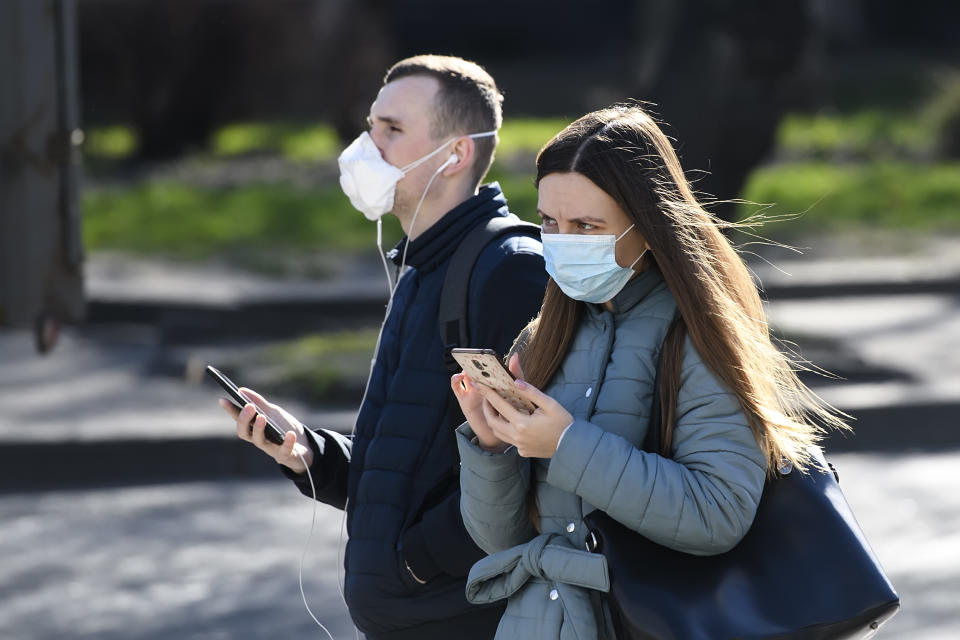
What is the coronavirus?
The coronavirus is a strain of a class of viruses, with seven known to infect humans.
Others include the common cold and severe acute respiratory syndrome (Sars), which killed 774 people during its 2002/3 outbreak.
The coronavirus tends to cause flu-like symptoms initially, such as a fever, cough or slight breathlessness.
It mainly spreads face-to-face via infected droplets coughed or sneezed out by a patient.
There is also evidence it can be transmitted in faeces and urine.
While most cases are mild, pneumonia can come about if the infection spreads to the air sacs in the lungs, causing them to become inflamed and filled with fluid or pus.
The lungs then struggle to draw in air, resulting in reduced oxygen in the bloodstream and a build-up of carbon dioxide.
The coronavirus has no “set” treatment, with most patients naturally fighting off the infection.
Those requiring hospitalisation are offered “supportive care”, like ventilation, while their immune system gets to work.
Officials urge people ward off the infection by washing their hands regularly and maintaining social distancing.




